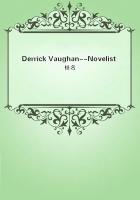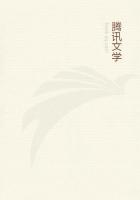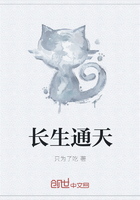God is the absolutely infinite substance, to whom can be denied no attribute which expresses the essence of substance, and He exists necessarily; therefore if there were a substance other than God, it must be explained by means of an attribute of God.” Consequently the substance would not have its own being, but that of God, and therefore would not be a substance. Or if it were still to be substance, “then there would necessarily follow the possibility of there being two substances with the same attribute, which according to the fifth proposition is absurd. From this it then follows that the thing extended and the thing that thinks” are not substances, but “are either attributes of God, or affections of His attributes.” By these proofs and others like them not much is to be gained. “Fifteenth proposition: What is, is in God, and cannot exist or be conceived without God.” “Sixteenth proposition: By the necessity of the divine nature infinite things must follow in infinite modes, i.e., all that can fall under the infinite understanding. God is therefore the absolute First Cause.”
Spinoza then ascribes ******* and necessity to God: “God is the absolute free cause, who is determined by nothing outside of Himself, for He exists solely by the necessity of His nature. There is no cause which inwardly or outwardly moves Him to act, except the perfection of His nature.
His activity is by the laws of His Being necessary and eternal; what therefore follows from His absolute nature, from His attributes, is eternal as it follows from the nature of the ******** from eternity and to eternity that it, three angles are equal to two right angles." That is to say, His Being is His absolute power; actus and potentia, Thought and Being, are in Him one. God has not therefore any other thoughts which He could not have actualized. “God is the immanent cause of all things, not the transient (transiens),” i.e., external cause. “His essence and His existence are the same, namely, the truth. A thing which is determined to perform some action, is, since God is cause, necessarily determined thereto by God; and a thing which is thus determined cannot render itself undetermined. In nature nothing is contingent. Will is not a free cause, but only a necessary cause, only a mode; it is therefore determined by another. God acts in accordance with no final causes (sub ratione boni). Those who assert that He does so, appear to establish something apart from God, which does not depend on God, and which God in His working keeps in view, as though it were an end. If this view is taken, God is not a free cause, but is subject to fate. It is equally inadmissible to subject all things to the arbitrary pleasure of God, i.e., to His indifferent will.”(4) He is determined solely by His own nature, the activity of God is thus His power, and that is necessity. He is then absolute power in contrast to wisdom, which sets up definite aims, and consequently limitations; particular aims, thoughts of what is about to come to pass, and the like are therefore put out of the question. But beyond this universal, no advance is made; for it must be noticed a negation. Moreover, if God is the cause of the world, it is implied that He is finite; for the world is here put beside God as something different from Him.
b. The greatest difficulty in Spinoza is, in the distinctions to which he comes, to grasp the relation of this determinate to God, at the same time preserving the determination. “God is a thinking Being, because all individual thoughts are modes which express God's nature in a certain and determinate manner; there pertains therefore to God an attribute the conception of which all individual thoughts involve, and by means of this they also are conceived. God is an extended Being for the same reason.” This means that the same substance, under the attribute of thought, is the intelligible world, and under the attribute of extension, is nature; nature and thought thus both express the same Essence of God. Or, as Spinoza says, “The order and system of natural things is the same as the order of the thoughts. Thus, for instance, the circle which exists in nature, and the idea of the existing circle, which is also in God, are one and the same thing” (they are one and the same content), “which is” merely “expressed by means of different attributes. If we therefore regard nature either under the attribute of extension or of thought, or under any other attribute whatever, we shall find one and the same connection of causes, i.e., the same sequence of things.
The formal Being of the idea of the circle can be conceived only by means of the mode of thought, as its proximate cause, and this mode again by means of another, and so on infinitely; so that we must explain the order of the whole of nature, or the connection of causes, by the attribute of thought alone, and if things are considered by the attribute of extension, they must be considered only by the attribute of extension, - and the same holds good. of other causes.”(5) It is one and the same system, which at one time appears as nature, and at another time in the form of thought.
But Spinoza does not demonstrate how these two are evolved from the one substance, nor does he prove why there can only be two of them. Neither are extension and thought anything to him in themselves, or in truth, but only externally; for their difference is a mere matter of the understanding, which is ranked by Spinoza only among affections (Eth. P. I. Prop. XXXI.

